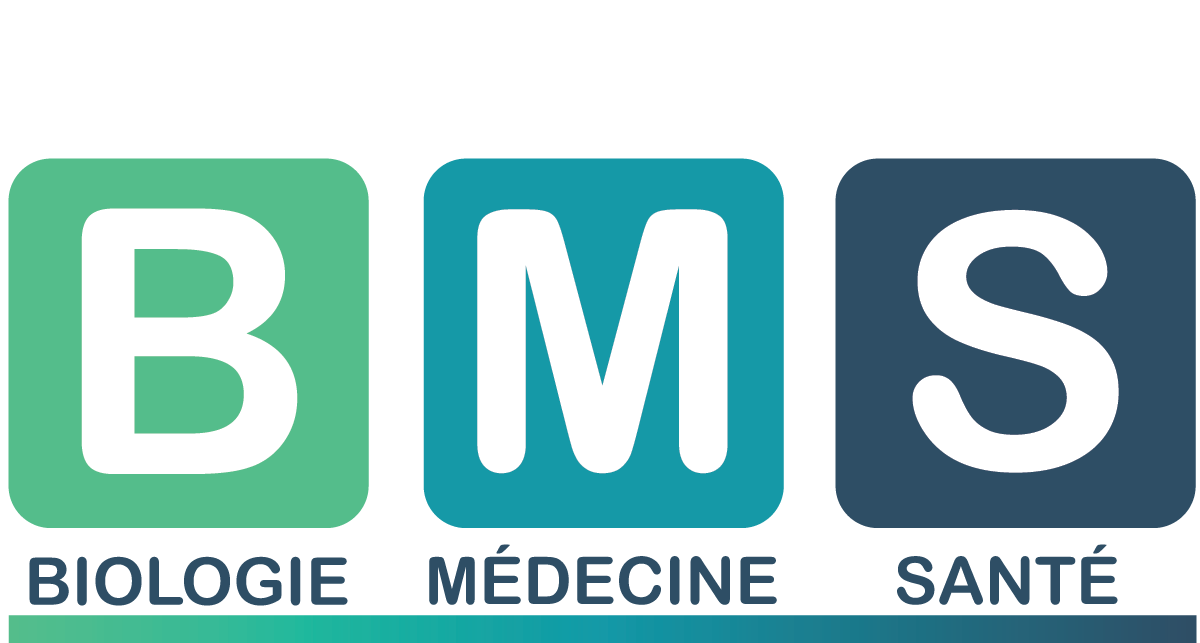The IMoPA laboratory’s Ecological Transition Working Group was set up in 2024.
Led by 11 members from different teams in the laboratory, its aim is to improve the sustainability of our research activities. To achieve this, the GT-TE is organised around 2 main areas:
- Generating knowledge: quantifying the environmental footprint of our research activities
- Generating solutions: advancing individual and collective thinking within the structure.
Actions
Carbon footprint:
The GT-TE has carried out an assessment of the laboratory’s carbon footprint in 2023 using a dedicated tool: Labos 1point5 (https://apps.labos1point5.org/ges-1point5). It was a complicated but interesting exercise, which helped to highlight our various centres of energy expenditure in the laboratory.
Greenhouse gas balance sheet (BGES) for the year 2023 for the IMoPA laboratory.

Eco-responsible party:
The GT-TE organised its first “Eco-responsible tea party” in 2025.
Members of the laboratory gathered around a snack prepared from local and/or ecologically and socially responsible products.
They took part in a quiz on sustainable development in research, focusing on the key figures in the laboratory’s greenhouse gas balance sheet and the main actions identified to improve it.
Other aspects of researchers’ environmental responsibility were also addressed, such as chemical waste management, recycling and reducing plastic consumption.
The more adventurous participants practised their waste sorting skills in a practical waste sorting challenge. Eco-responsible prizes were awarded to the best participants.
First slide of the Eco-responsible tea party quiz, with the mascot of this first edition: IMoPote

OBJECTIVES
The GT-TE hopes to be able to propose solutions to improve the laboratory’s carbon footprint in the future and, we hope, reduce greenhouse gas (GHG) emissions by 40% by 2030 (since 1990 – Paris Agreements)!
For further information, please contact imopa-gt-te (at) univ-lorraine.fr
Members of the Ecological Transition Working Group: Jean-Baptiste VINCOURT (coordinator), Anne ROBERT, David MOULIN, Emilie VELOT, Sandrine GULBERTI, Isabelle BEHM-ANSMANT, Déborah HELLE, Lauralie CHRISTOPHE, Séverine BOUTSERIN, François TALFOURNIER and Hien BONIN-TRAN.
Sources:






